About İstanbul
İstanbul is the only city in the world built on two continents. Its fate has been determined by its vital strategic location and enchanting natural beauty. It has long been coveted by powerful empires, and served as capital first to Byzantium and then to the Ottoman Empire.
İstanbul stretches along the two shores of the Bosphorus that links the Sea of Marmara in the South with the Black Sea in the North. It is Turkey’s largest city with a population of approximately 12 million.
İstanbul is also at the heart of the economy of Turkey. The largest companies and banks, the main national newspapers, television networks and advertising agencies all have their headquarters in this city.
İstanbul is also the capital of art and culture with a rich tradition in opera and ballet, theatres performing Turkish and foreign plays, concerts, art exhibitions, festivals, auctions, conferences and of course unique museums. The city also boasts the country’s largest and finest universities. As an imperial capital for 1500 years, İstanbul has acquired a highly original personality. At every turn in the city you are faced with Roman, Byzantine and Ottoman palaces, mosques, churches, monasteries, monuments, walls and ruins. Yet İstanbul is not a city living only in the past. It is a vibrant, modern and future-oriented metropolis. Bazaars and ultramodern supermarkets and department stores, street vendors and stock-brokers, old crumbling buildings and skyscrapers, horse-drawn carts and sumptuous limousines coexist and this amalgam gives the city a multi-faceted outlook and flavor. İstanbul is like an intricately woven carpet, a subtle blend of eastern and western cultures.
HAGIA SOPHIA MUSEUM
Hagia Sophia is a unique architectural monument being a former patriarchal basilica, later a mosque and now a museum. For nearly thousand years, it is the largest enclosed space in the world and has been a place of attraction by the sheer spectacle of its size, architecture, mosaics and art.
TOPKAPI PALACE
The palace was a setting for state occasions and royal entertainments and is a major tourist attraction today, containing the most holy relics of the Muslim world such as the prophet Muhammed’s cloak and sword. A UNESCO World Heritage Site as “the best example[s] of ensembles of palaces of the Ottoman period.”
BASILICA CISTERN
The cistern was built by the Byzantine Emperor Justinian in A.D. 542 on the other side of the Hippodrome to meet the Great Palace water requirements. Nowadays, it is a museum and an exhibition hall, as well as hosting concerts and poetry readings.
HAGIA EIRENE
Hagia Eirene ranks as the first church built in İstanbul. It reputedly stands on the site of a pre-Christian temple. As for today, it is a concert hall located in the outer courtyard of Topkapı Palace. It is open as a museum every day except Monday but requires special permission for admission.
BLUE MOSQUE
The mosque is popularly known as the Blue Mosque for the blue tiles adorning the walls of its interior. It was built between 1609 and 1616, during the rule of Ahmed I. Like many other mosques, it also comprises a tomb of the founder, a madrasah and a hospice. The Sultan Ahmed Mosque has become one of the most popular tourist attractions in İstanbul.
GRAND BAZAAR
Built in the 15th century, the huge bazaar is located in the middle of İstanbul’s historical center with its streets lying beneath high domes. This is the marketplace of the tale of a thousand and one nights, one of the largest and oldest covered markets in the world, with more than 58 covered streets and over 1,200 shops which attract between 250,000 and 400,000 visitors daily.
ISTANBUL ARCHEOLOGICAL MUSEUM
The site of the museums actually belonged to the Topkapı Palace outer gardens. Since the imperial decree protecting cultural goods in the Ottoman empire was enforced, many governors from the different provinces would send in found artefacts to the capital city. In that way the museum was able to amass a great collection. Upon its 100th anniversary in 1991, the Museum received the European Council Museum Award.
MUSEUM OF TURKISH AND ISLAMIC ART
This museum contains one of the most important collections of Turkish and Islamic art in the world. Specific items on display are funeral belts, bejeweled objects such as candlesticks decorated with valuable gems, pearl reading desks, carved cooper cups, royal crests, clothing belonging to Sultan Yıldırım Beyazıt and Sultan Selim II, carpets from the Caucasus, and intricately carved doors.
ÇIRAĞAN PALACE
The palace, built by Sultan Abdul-Aziz, between 1863 and 1867. This was a period in which all Ottoman sultans used to build their own palaces rather than using those of their ancestors. Nowadays, used as one of the most popular social events istanbuls of İstanbul.
DOLMABAHÇE PALACE
The Ottoman imperial palace during the 19th century. Mustafa Kemal Atatürk, the founder of the Republic of Turkey, resided there late in his life. The 45,000sqm palace cost a mere five million Ottoman gold pounds, the equivalent of 35 tones of gold— 14 tones of which went into the decoration alone.
İSTİKLAL STREET
At the heart of İstanbul, İstiklal Street is a 24-hours live zone in İstanbul. During daytime, you will meet thousands of persons, doing their business, shopping or just walking around. When the day turns into night, you will again meet thousands of people walking around the street, going to restaurants and night clubs along the street. To experience daily life in İstanbul, İstiklal Street should be visited.
ORTAKÖY SQUARE
Artists gather every Sunday to exhibit their works in a street gallery. The variety of people creates a lively scene. Sample a tasty morsel from one of the street vendors. There is a church, a mosque and a synagogue that have existed side by side for hundreds of years – a tribute to Turkish tolerance at the grass roots.
RUMELIAN CASTLE
Rumelihisarı (Rumelian Castle) is a fortress located in the Sarıyer district of İstanbul, Turkey, on a hill at the European side of the Bosphorus. It was built by the Ottoman Sultan Mehmed II between 1451 and 1452, before he conquered Constantinople. a museum and an open-air theater for various concerts at festivals during the summer months.
YILDIZ PARK
Yıldız Park is a beautiful garden complex with set in a very large park of flowers, plants and trees, gathered from every part of the world dating from the Ottoman era. Park grounds offer panoramic views of the Bosphorus. Two beautiful old pavilions, namely Çadır and Malta pavilions are used to rest…
İSTANBUL MODERN ART MUSEUM
The museum offers a wide array of services in a multifaceted istanbul, including permanent and temporary exhibition galleries, photography gallery, library, cinema center, cafe and a design store. In addition, the Museum also offers video educational and social programmes.
PIERRE LOTI CAFE
Pierre Loti Café on Eyüp hillside is a significant residential area with its natural beauties, religious facilities, excellent view of Haliç (Golden Horn). Its calm and relaxed atmosphere makes Pierre Loti Café one of the attractive places in İstanbul. Author Pierre Loti, who admires the Ottoman culture and life style used to visit this café when he was in İstanbul.
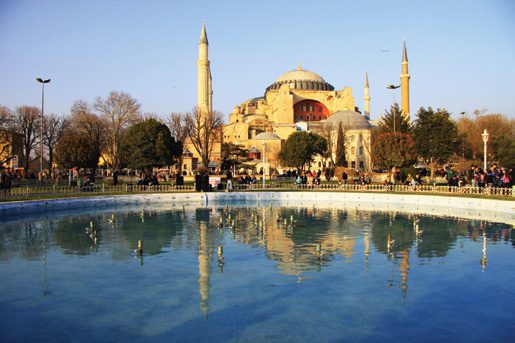
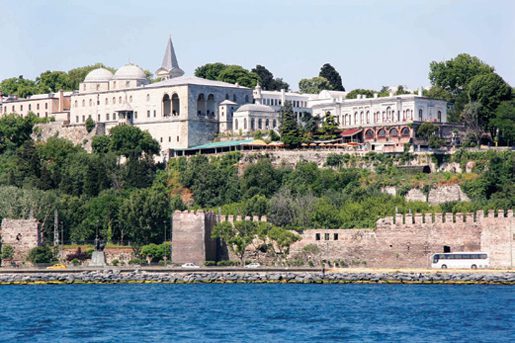
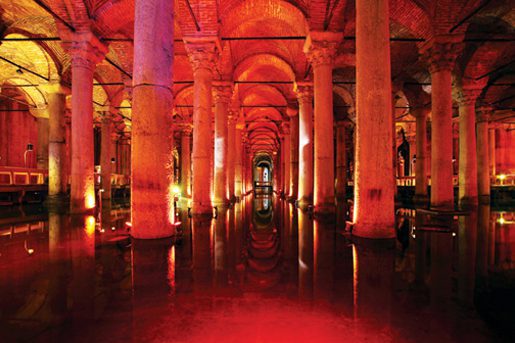

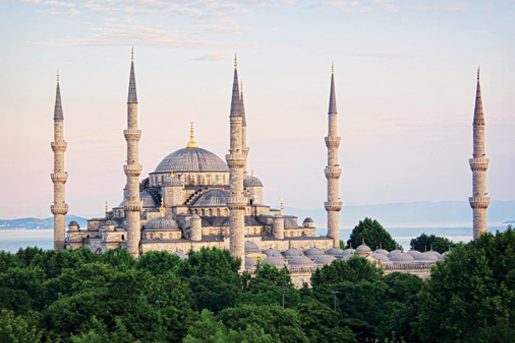
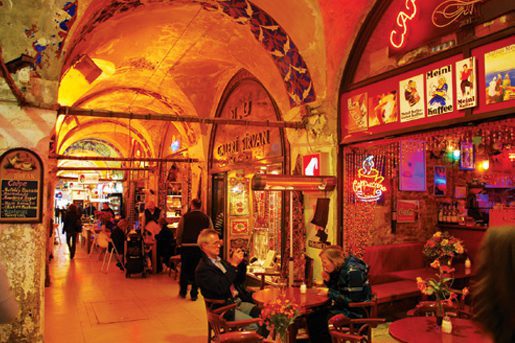

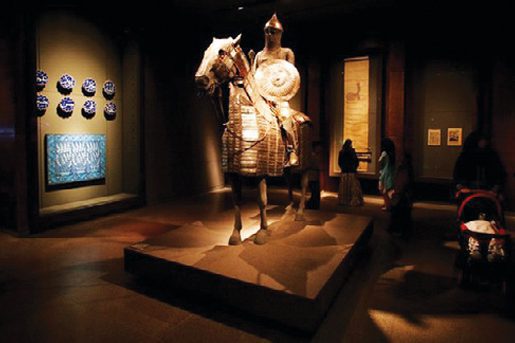
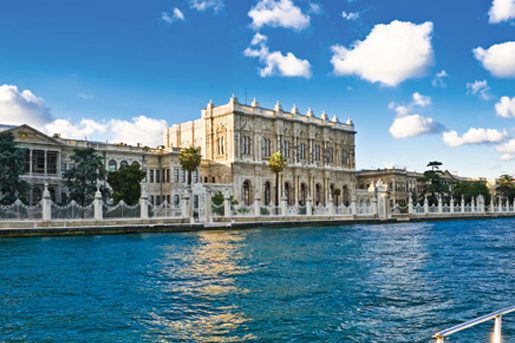
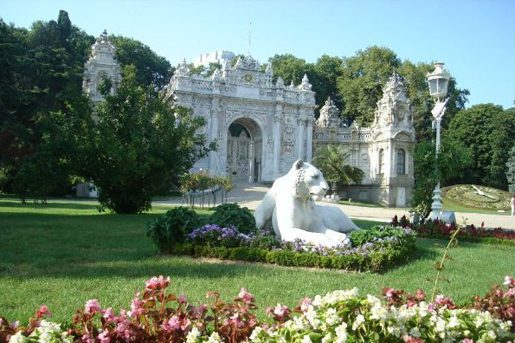
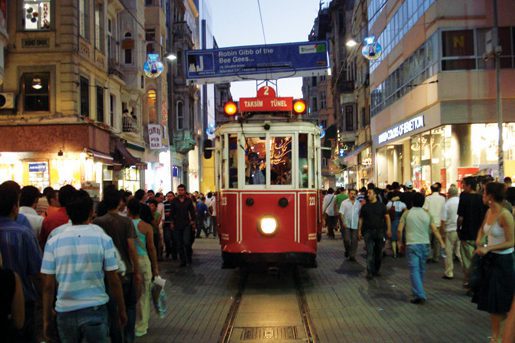
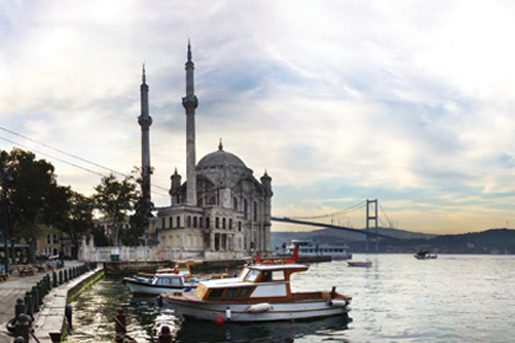
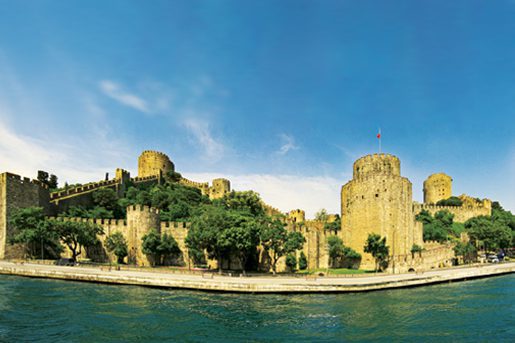
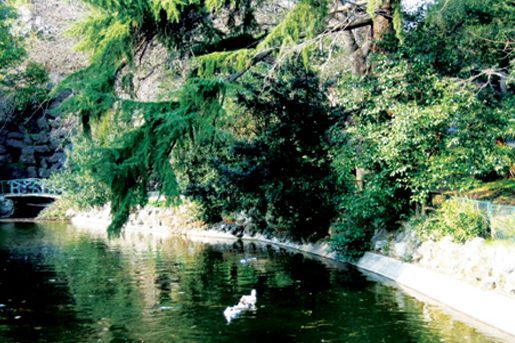
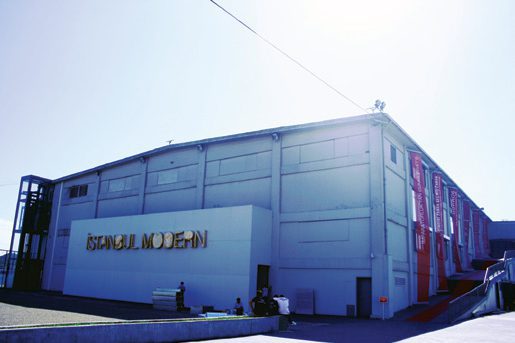
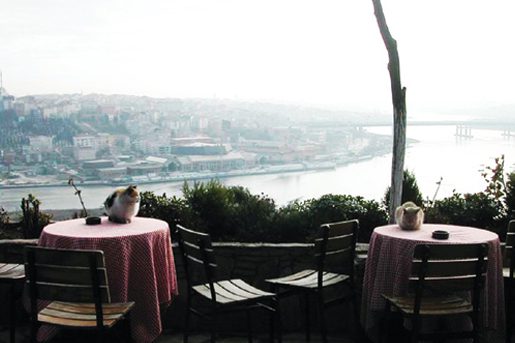

 Invite friends and colleagues to the NPPES
Invite friends and colleagues to the NPPES